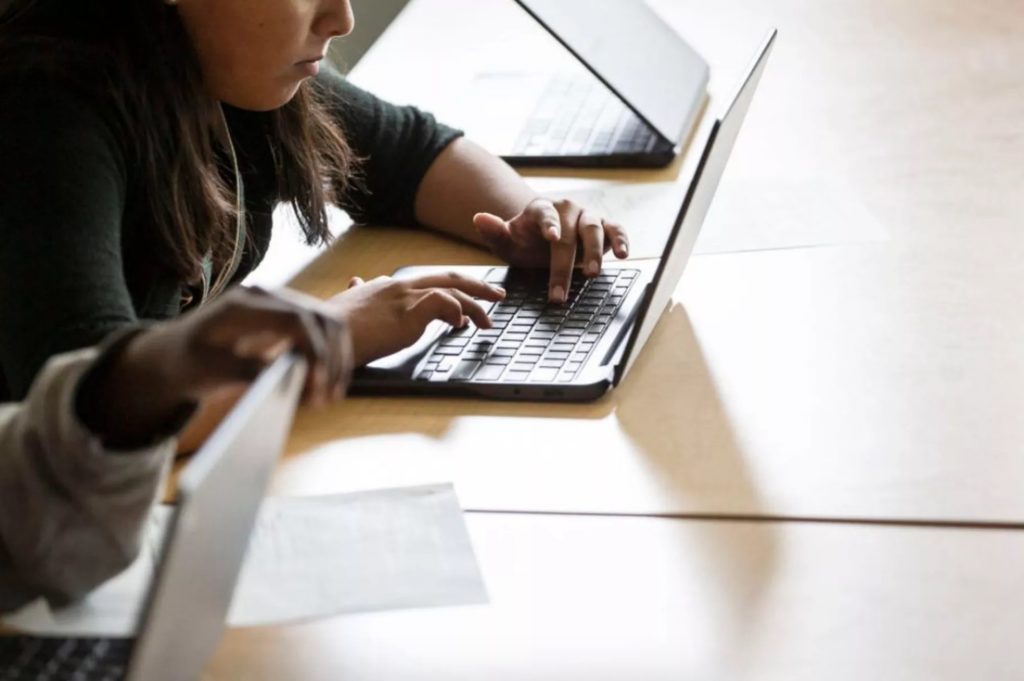With school start confusion, new concern over child welfare probes of kids lacking tech
Hundreds of reports in the spring led to investigations of families whose kids failed to log on for remote learning. Advocates warn that little has changed since.

 This story was originally published on Sept. 21 by THE CITY. Sign up here to get the latest stories from THE CITY delivered to you each morning.
This story was originally published on Sept. 21 by THE CITY. Sign up here to get the latest stories from THE CITY delivered to you each morning.
City educators filed 361 educational neglect reports against parents in the final three pandemic-racked months of school, new data shows, as concerns persist that tech-deprived families could be targeted as classes resume online.
In April, THE CITY found that some parents of public school students who had not yet received iPads or other remote learning devices from the Department of Education had been surprised by knocks on their door by child welfare authorities.

Brooklyn Boro
View MoreNew York City’s most populous borough, Brooklyn, is home to nearly 2.6 million residents. If Brooklyn were an independent city it would be the fourth largest city in the United States. While Brooklyn has become the epitome of ‘cool and hip’ in recent years, for those that were born here, raised families here and improved communities over the years, Brooklyn has never been ‘uncool’.